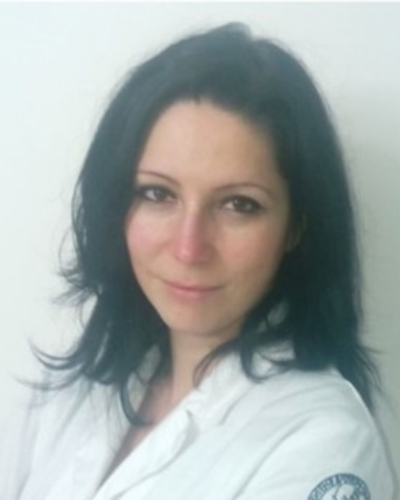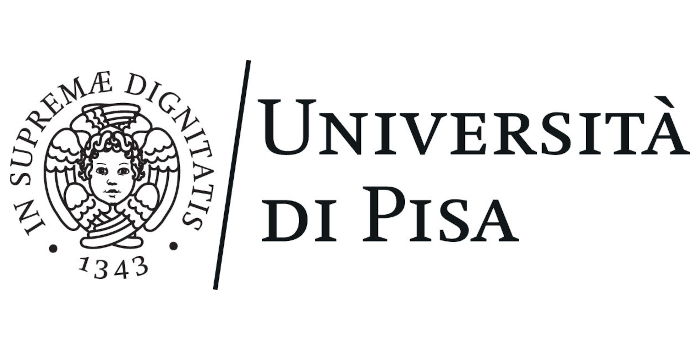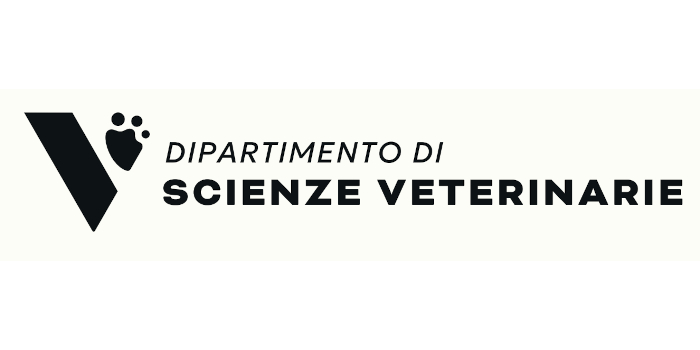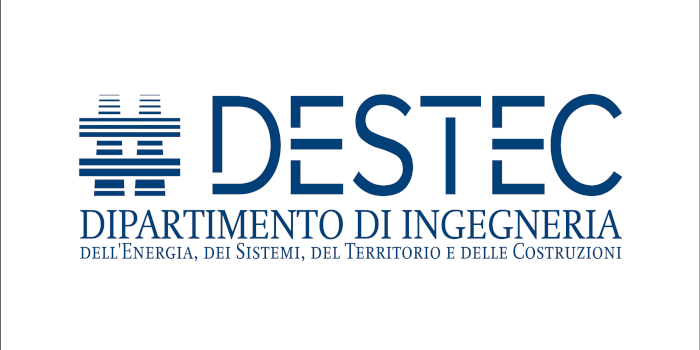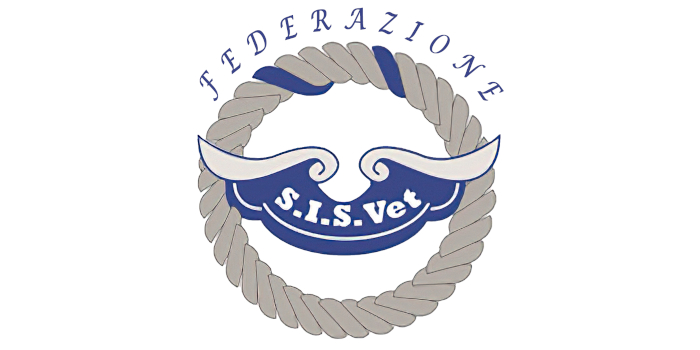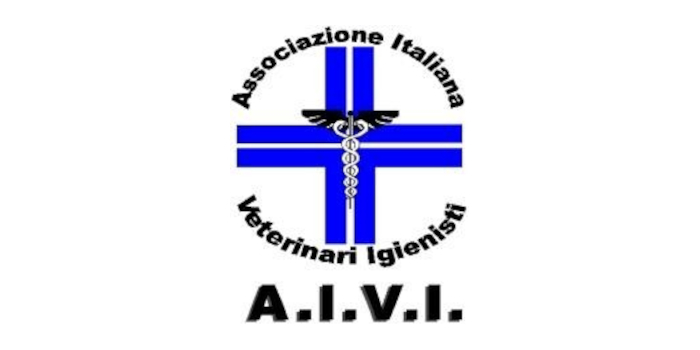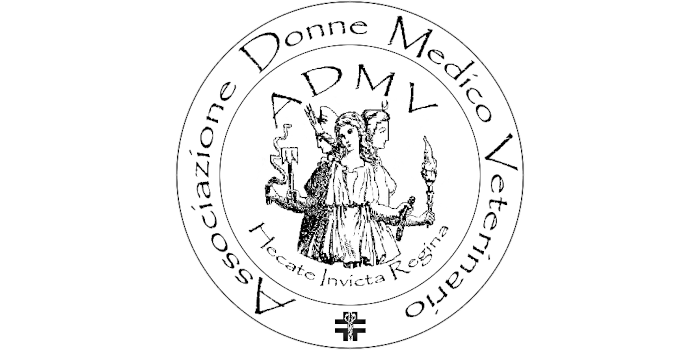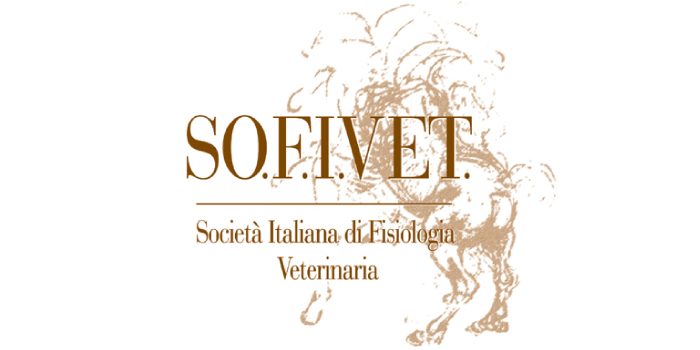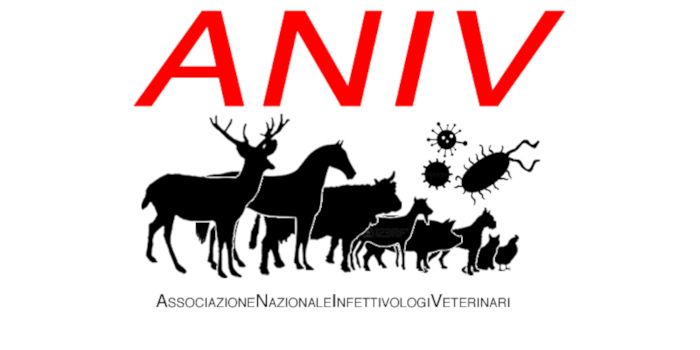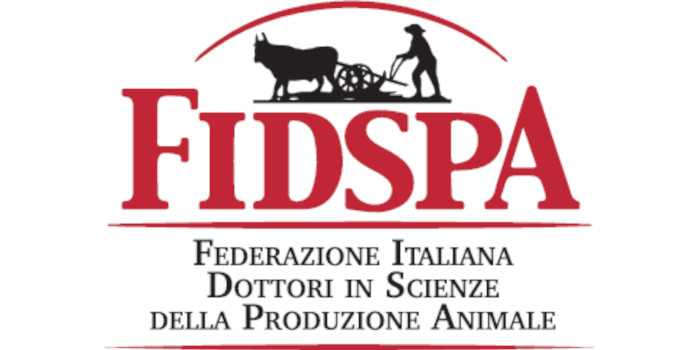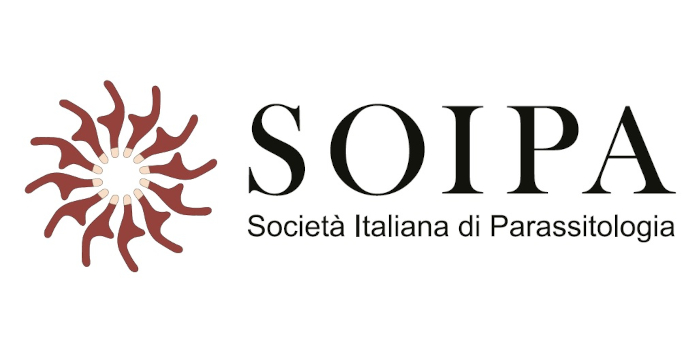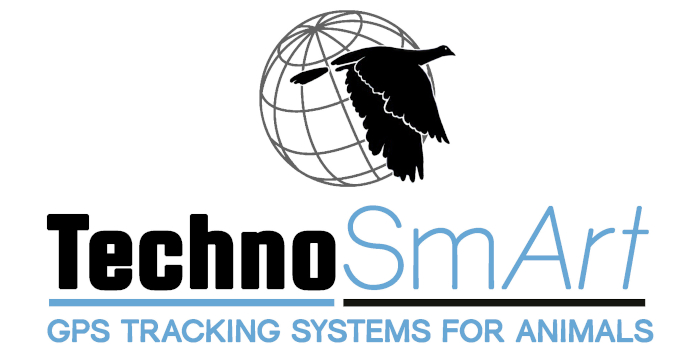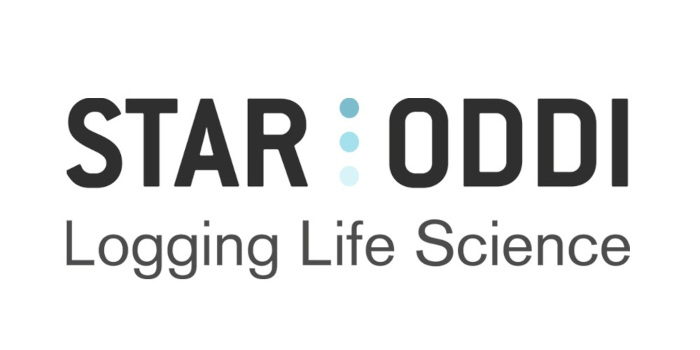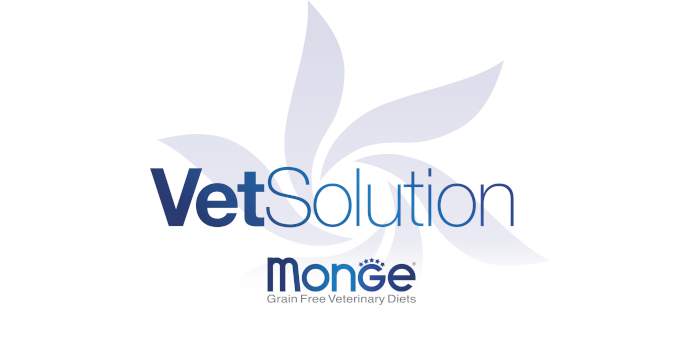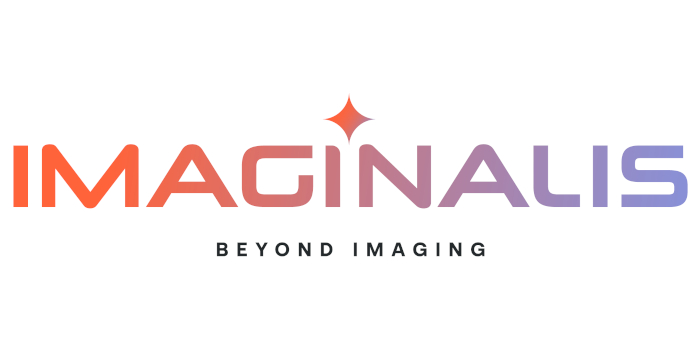SPECIAL SESSION #11
Innovative technologies for parasite and vector control
ORGANIZED BY
Lisa Guardone
Department of Veterinary Sciences - University of Pisa
Valentina Mangano
Department of Translational Research and new technologies in Medicine and Surgery - University of Pisa
Maria Paola Maurelli
Department of Veterinary Medicine and Animal Production - University of Naples
Fabrizia Veronesi
Department of Veterinary Medicine - University of Perugia
ABSTRACT
Helminths, protozoa and arthropod vectors are responsible of several parasitic and infectious diseases which impose a heavy burden on human and animal health globally. Diagnosis and monitoring are key pillars of therapy, control and elimination efforts, and technological innovation is crucial to improve both their accuracy and accessibility. Recent and promising technological developments include, but are not limited to, diagnostic applications of digital image processing, artificial intelligence, 3D printing, microfluidics, dataloggers, camera traps, drones and electrical impedance detection. Image acquisition and analysis processes have recently benefited from the use of cheap mobile devices as smartphones and tablets. Such tools can be coupled with automatic diagnostic systems, and over the last decade researchers have been working on digital image processing models and pattern techniques for the automatic recognition of parasitic diagnostic stages or vectors, to reduce human errors, and to produce faster and highly accurate results. Furthermore, context-sensitive design and open-source approaches can lead to the development of diagnostic devices which can be effectively employed in low resource settings, that are disproportionally affected by parasitic and vector-borne diseases. In this framework, Geographical Information Systems (GIS) and Disease Mapping tools are also important to support researchers from sampling strategies to prevention and prediction of parasitic and vector-borne diseases. This special session will explore the state-of-the art of innovative technologies applied to the diagnosis and monitoring of parasites and vectors of human and veterinary medical concern, in order to highlight recent advances and remaining gaps to be filled by future research.
ABOUT THE ORGANIZERS
LISA GUARDONE
Graduated in Veterinary Medicine at the University of Pisa in 2009, with a thesis in Veterinary Parasitology. She subsequently completed her PhD in Veterinary Parasitology at the University of Pisa, in close collaboration with the Institute of Parasitology of the University of Zurich, were Lisa spent several research periods. In 2015, her PhD thesis was awarded a prize by the Italian Society of Parasitology. Since 2013 she has been working across the sectors of Parasitology and of Food Safety and Hygiene, aiming at an interdisciplinary, public health perspective. In 2020 she specialized in Animal Health, Livestock and breeding. In 2022 she became a Diplomate of the European College of Veterinary Public Health (ECVPH), subspecialty Food Science. She worked as an official veterinarian for the Veterinary Medical Research Institute for Piedmont, Liguria and the Aosta Valley from 2021 to 2024, and she is currently Senior researcher at Pisa University. She has been involved as a consultants in Mauritania, Senegal and China (Tibet), and she is an active member of Veterinari Senza Frontiere Italia. She has participated to several international and national congresses and she has published over 70 peer-reviewed publications on endoparasites of wild and domestic canids, foodborne parasites and vector-borne parasites. Her h-index is 21.
VALENTINA MANGANO
Graduated cum laude in Biological Sciences at the University of Rome La Sapienza in 2004, she obtained a PhD in Immunology at Stockholm University in 2008 and a MSc in Epidemiology at the London School of Hygiene and Tropical Medicine in 2014. She is an Associate Professor in Parasitology at the Department of Translational Research and New Technologies in Medicine and Surgery, University of Pisa. Her main research interests are the epidemiology and control of malaria and Neglected Tropical Diseases, medical diagnostic parasitology, and global health. Fundamental research investigates determinants of immunity to malaria in human populations, and the evolution of drug resistance and diagnosis escape in malaria parasites, using molecular methods and bioinformatic analysis. Operational research is aimed at improving the quality and access of malaria diagnostic, preventive and curative services in endemic countries, and at integrating malaria and NTDs control. Valentina has 20 years of experience working in collaboration with international networks (EviMalaR, MalariaGEN), institutions in endemic countires (Burkina Faso, Ivory Coas, South Sudan) and NGO (Doctors With Africa CUAMM). She has authored several publications in peer-reviewed scientific journals, along with guidelines and book chapters. Her h-index is 21.
MARIA PAOLA MAURELLI
Graduated in Veterinary Biotechnology at the University of Naples Federico II in 2004, obtained her PhD in Biology, Pathology and Environmental Hygiene in Veterinary Medicine at the University of Naples Federico II in 2008. She is Associate Professor in Parasitology and Parasitic Diseases at the Department of Veterinary Medicine and Animal Production, University of Naples Federico II. She is co-head of the World Health Organization (WHO) Collaborating Centre for Diagnosis of Intestinal Helminths and Protozoa (WHO CC ITA-116). Her main research interests are epidemiology, diagnosis (with classical and advanced techniques) and control of protozoa, helminths and arthropods and vector-borne diseases of animals and humans. She has participated at the development and the validation of innovative techniques, i.e. FLOTAC, Mini-FLOTAC and Kubic FLOTAC Microscope for copromicroscopic diagnosis of endoparasites in animals and humans. She was involved in several national and international scientific projects. Her production consists of more than 100 papers published on international scientific journals. Her h-index is 27.
FABRIZIA VERONESI
Graduated with highest praise in Veterinary Medicine at the University of Perugia, after obtaining her professional qualification in 2003, she attended a PhD in Parasitic Diseases in 2007 in the Department of Veterinary Medicine of Perugia, where she currently holds the position of Associate Professor and is the responsible for the SSD MEDVET 03/B teaching modules. She has completed several advanced training periods in Italian and international Universities and several Research Centers. She is currently the head of the Parasitology Laboratory at the Department of Veterinary Medicine of Perugia. Her main research interests focus on the etiopathogenetic, diagnostic and epidemiological aspects of parasitic diseases in both domestic and wildlife animals, with an emphasis on vector-borne and snail-borne diseases and food-borne pathogens. She is the author of 134 publications in national and international journals, has been a speaker at numerous national and international congresses and has the responsibility of several private and public projects. Her h-index is 27.




